By Emeka Alex Duru
(08054103327, nwaukpala@yahoo.com)
The closest we came to the present state of mockery, was during the infamous military regime of General Sani Abacha (1993-1998), when Nigeria was relegated to pariah status by responsible nations because of its poor human rights record. Thankfully, that veil of odium was lifted in 1999, with the inauguration of the Olusegun Obasanjo presidency. But 26 years after, Nigeria is back in the dock, this time, on charges of persecution of the Christian segments of its population by extreme Islamist elements without the government doing much to their rescue. This is quite unfortunate.
The failure of the government in protecting the Christians, especially in the North, has seen the United States of America (USA) declaring Nigeria a Country of Particular Concern (CPC). A country classified as CPC is one that shows clear and consistent patterns of religious intolerance, discrimination, or persecution. States are identified as CPCs based on what the US International Religious Freedom Act (IRFA) of 1998 establishes as “severe violations of religious freedom”.
The categorization comes with certain implications including strong diplomatic engagement, public condemnation, restricting or withdrawing development assistance, limiting or suspending security assistance, opposing loans, or blocking export licenses. In addition to the CPC classification, the US doubled down with threats of possible deployment of troops to the troubled parts of the country.
President Bola Tinubu and high officials of his administration have literally been on heat ever since. In the process, some faulty moves are being made, including encouraging or prodding loose cannons who do not possess more than fleeting understanding of the import of the President Donald Trump’s CPC declaration to join issues with the Washington. There is also the humour of solidarity from China that is obviously intended to give the Tinubu administration a false sense of hope.
Some have even attempted reducing the US-China posturing as a modern version of scramble for and partition of Nigeria for their national interests. The narrative is that the two countries need a stable Nigeria to sustain their trade relations and exploitations. China’s growing involvement in Nigeria’s economy and infrastructure, has been rewarding to it. For the US that has been around, Nigeria is an opportunity that must not be lost. Besides, refugee upheavals from a fragmented Nigeria, will have destabilizing effects on the African continent and by extension, the US. So, it pays the two super powers that Nigeria remains intact and dependent on them. The insinuations look tempting. But that is as far as the conspiracy theory goes. It does not diminish the allegation of genocide against the Christians in some parts of the country.
We may of course, argue that the killings and displacements in the North, are not targeted at any particular faith or denomination. Yes, other Nigerians of different creeds have been mowed. But there are certain patterns and consistency of attacks that lend weight to the suspicion of genocide against Christians which successive administrations in the land have not given deserving attention. Few instances suffice. On Christmas Day, December 25, 2011, bomb blasts and shootings at churches in Madalla, a satellite town of Abuja; Jos, Plateau state and Damaturu, Yobe state resulted to the death of 41 people. In St. Theresa Catholic Church, Madalla, at least 37 people died and 57 others were injured. The key suspect, Kabiru Sokoto was who was arrested by the police, initially escaped from custody, was rearrested, tried and given life sentence – a slap on the wrist compared with the magnitude of the crime he committed.
In Jos, an explosion hit the Mountain of Fire and Miracles Church. Gunmen later fired on police who were guarding the area resulting in the death of one officer. Typical of his tepid and timorous reaction, the then President Goodluck Jonathan described the incident as “unfortunate” and “an unwarranted affront on our collective safety and freedom,” adding that Boko Haram would “not be (around) forever. It will end one day.” His prediction has not worked.
Exactly a year after, December 25, 2021, two shootings occurred during Christmas Day church services in Maiduguri and Potiskum, killing 12 worshippers. Three days later, on 28 December, in the village of Musari another fifteen Christians were killed. Attackers invaded the village and cut their throats while asleep. The victims included a traffic police officer and fourteen civilians. Similar invasion took place at St. Francis Xavier Catholic Church in the Owo local government area of Ondo state on June 5, 2022, leading to the death of estimated 80 worshippers.
Elsewhere, suspected herdsmen stormed St. Ignatius Catholic Church, Ukpor-Mbalom Parish, Gwer East Local Government Area of Benue State, killing two Catholic priests and 17 parishioners, on April 25, 2018. The attack came barely four days after the murder of 10 persons by herders in neighbouring Guma Local Government Area. In May, 2022, Deborah Samuel, a female student of Shehu Shagari College of Education, Sokoto, North West of Nigeria was stoned to death, then set ablaze by fellow students who accused her of committing blasphemy in a voice message on a class WhatsApp platform. In the midst of the furore that attended the dastardly incident, the then President Muhammadu Buhari, an extremist Muslim, made only a feeble statement condemning it.
On January 9, 2020, four students of Good Shepherd Major Seminary were kidnapped by gunmen who invaded the school located at Kaukau in the Chikun Local Government Area of Kaduna State. After about three weeks in captivity, one of the seminarians, identified as Michael Nnadi, was killed, while the others – Kanwai Pius, Stephen John Paul and Umeanuka Peter – were released in batches by their abductors. Recently in Plateau, thirteen persons were confirmed dead following separate attacks on Rachas village in Heipang District and Rawuru village in Fan District of Barkin Ladi Local Government Area.
In all the instances of the programmed attacks, not much efforts were put in place by the government to track down the culprits and deal with them. The Friday, June 13 deadly attacks at Yelewata in Guma Local Government Area of Benue in which staggering figures ranging from 100 to over 500 deaths were posted, was most pathetic. A belated visit to the state by President Tinubu, was curiously turned to a carnival of sort and forum to advertise his 2027 reelection agenda by the languid governor, Reverend Father Hyacinth Alia and members of the All Progressives Congress (APC) in the state. There are other worrisome instances
If the American President, therefore accuses Nigeria of complicity in genocide against a segment of its population, you may not entirely fault him. The primary function of the government is the protection of the life and property of the citizens. On several occasions and in many instances of assaults by armed gangs in many parts of the country, the government has failed woefully in this regard. When commissioned commentators therefore prance about with the propaganda of the US plotting to invade Nigeria and by implication, violate its sovereignty, their campaigns do not resonate. Sovereignty of a nation actually belongs to the people. The average Nigerian whether of the East, West, North and South; Christian or Muslim, desires a life free of violence and insecurity, not empty propaganda or outright falsehood that is currently unleashed on the country by the government and its agents. The only way the government can lay legitimate claims to protecting Nigeria’s sovereignty is by giving the people convincing sense of security and delivering the political goods in terms of affordable health, quality education and functional infrastructure. Anything to the contrary is mere grandstanding.
As a matter of fact, Nigeria does not need Donald Trump’s CPC classification by America to be concerned about the loss of its sovereign status. The moment a country loses substantial portion of its territory to insurgents, terrorists and other non-state actors, as it is the case in some parts of Nigeria, its sovereignty is already circumscribed. It does not require intrusion by a foreign interest for it to realise that it is living in lost glory. That, presently, is the piteous state we are in Nigeria.
DURU, is the Editor, TheNiche Online Newspapers, Lagos



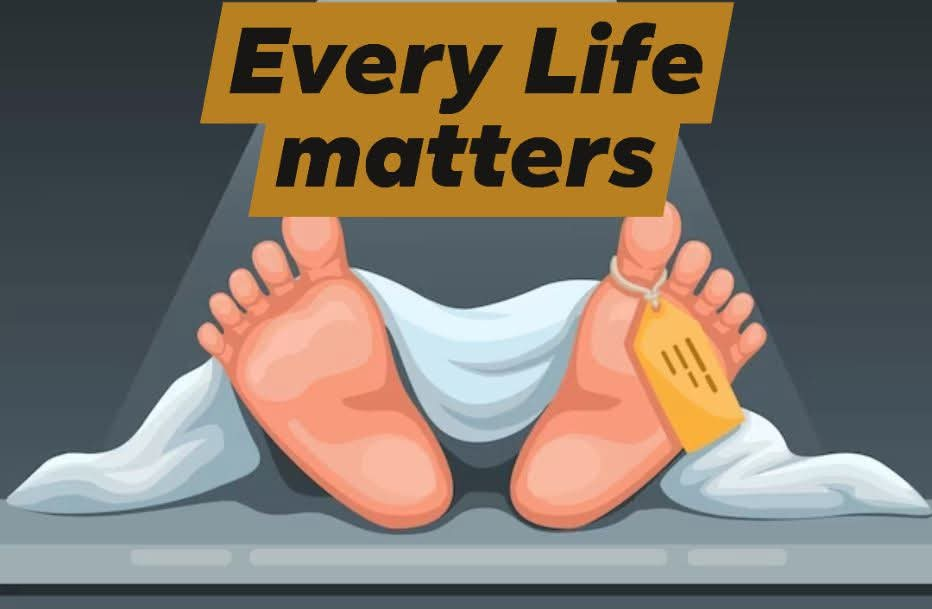

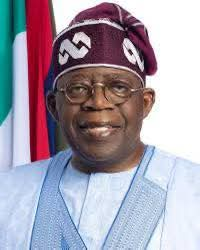
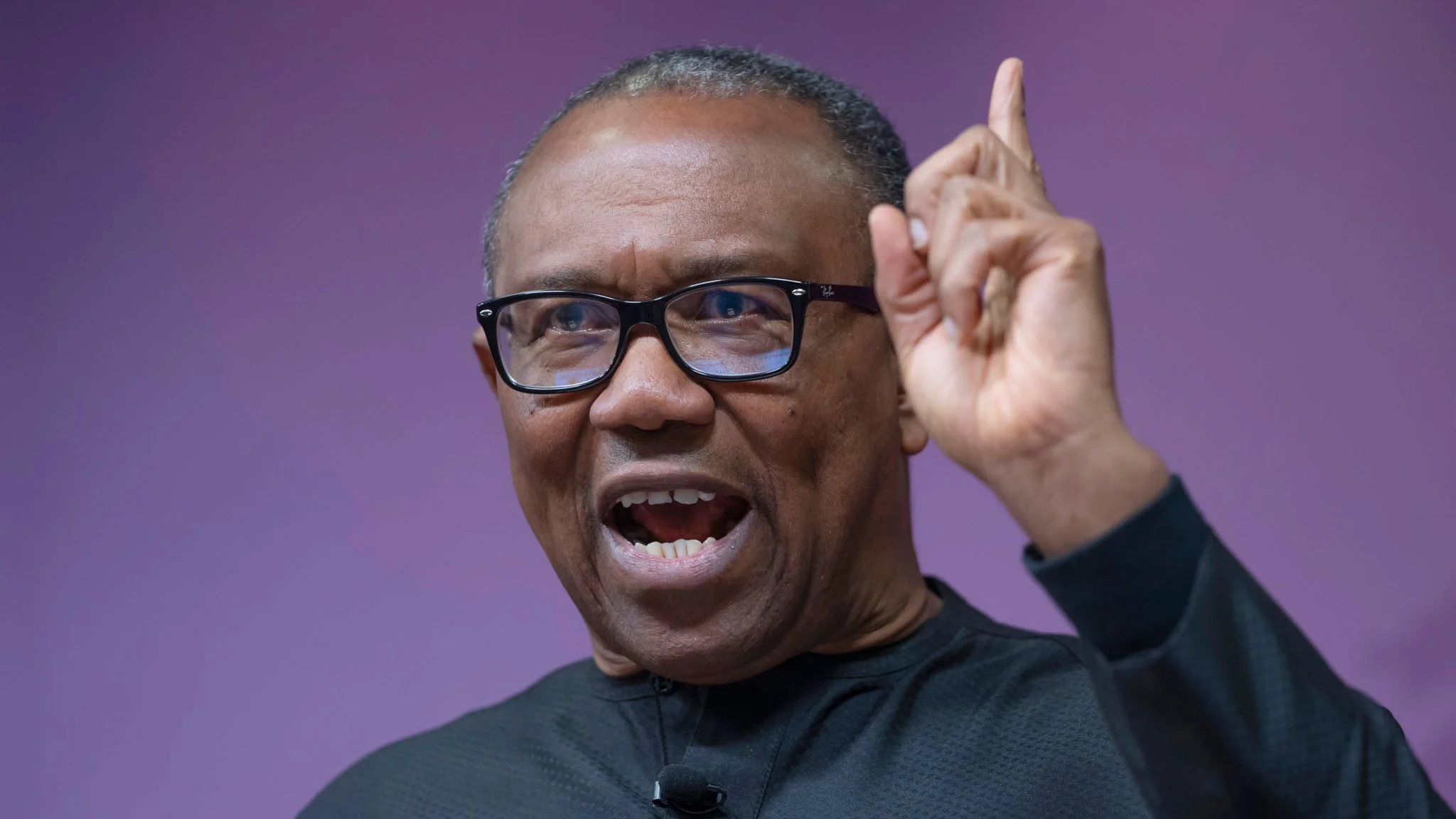


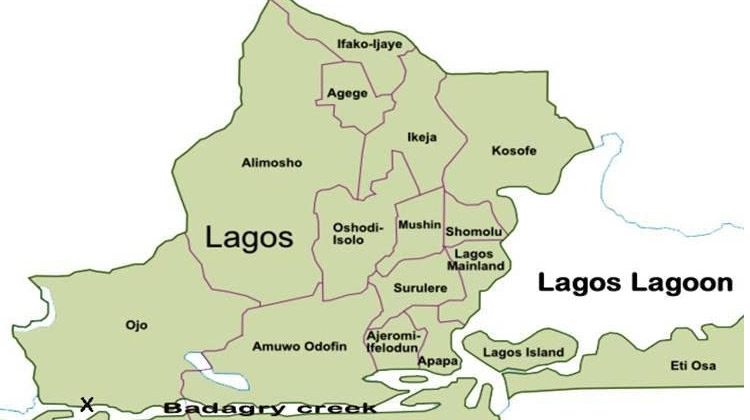

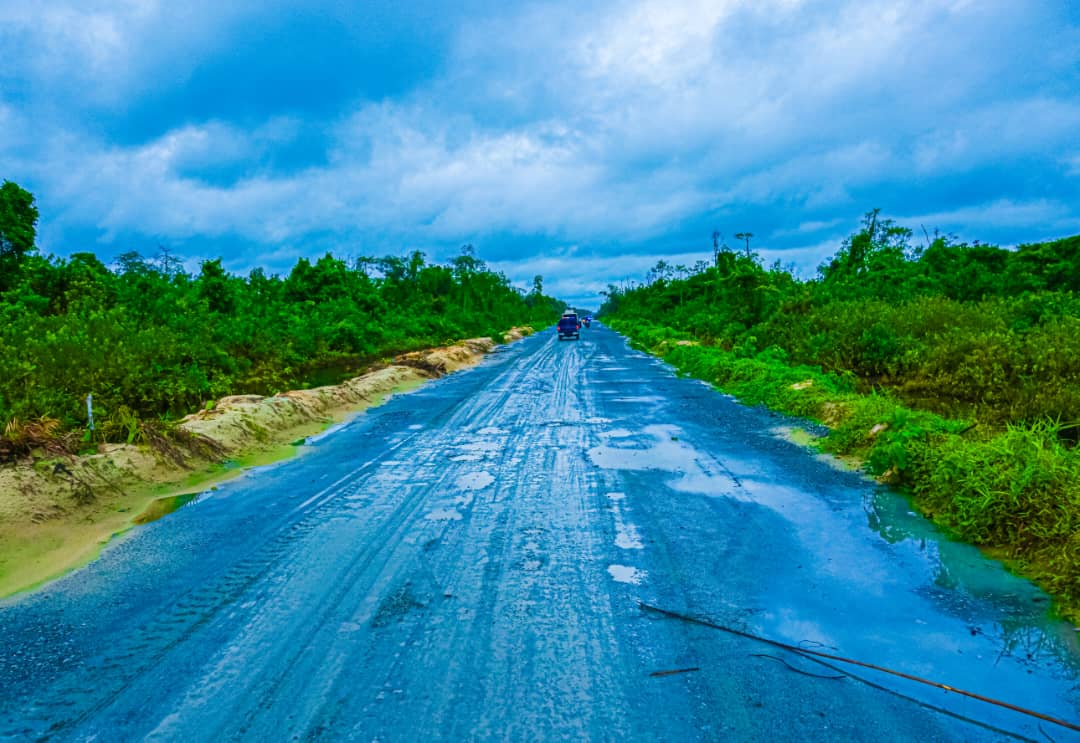

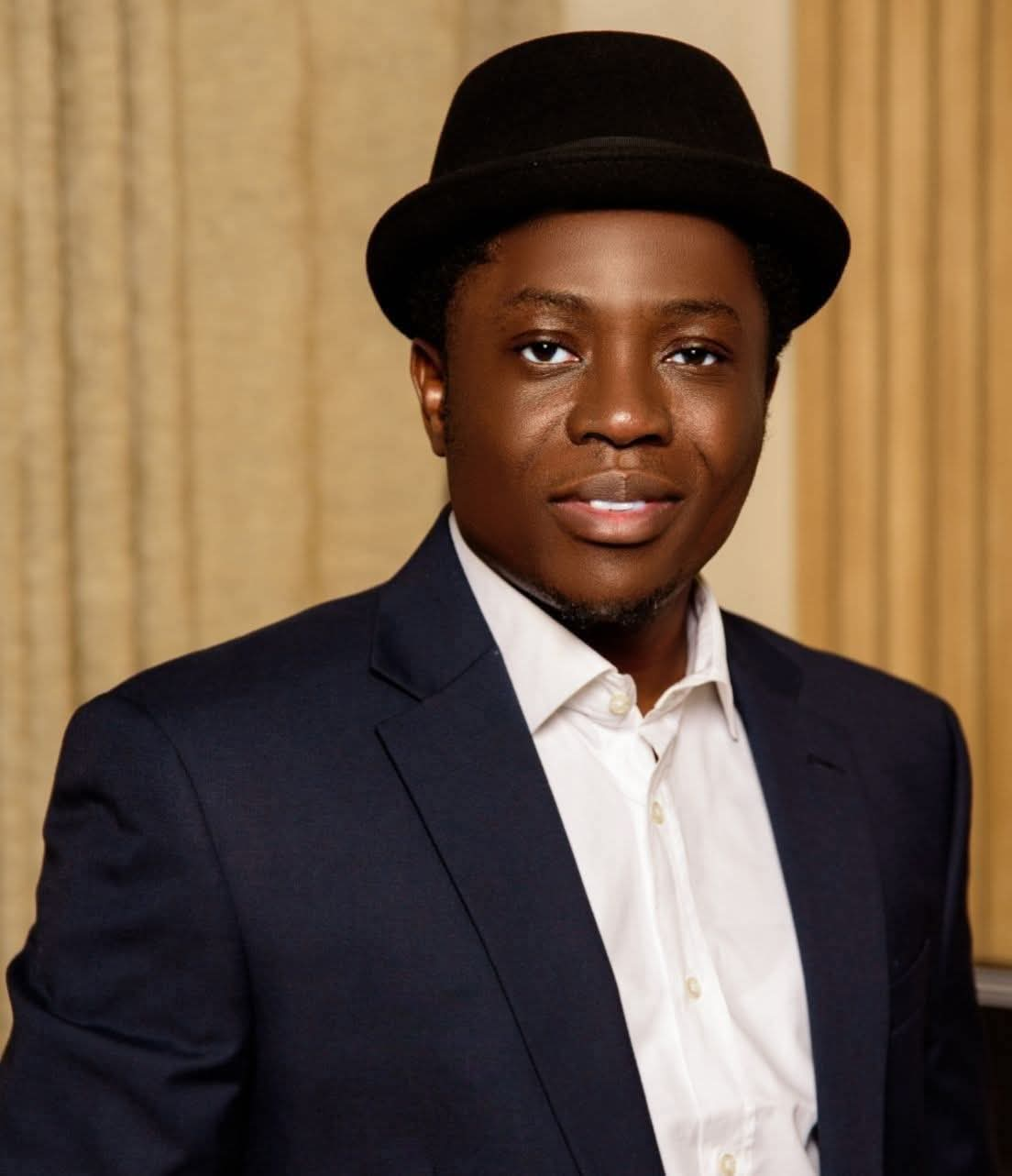
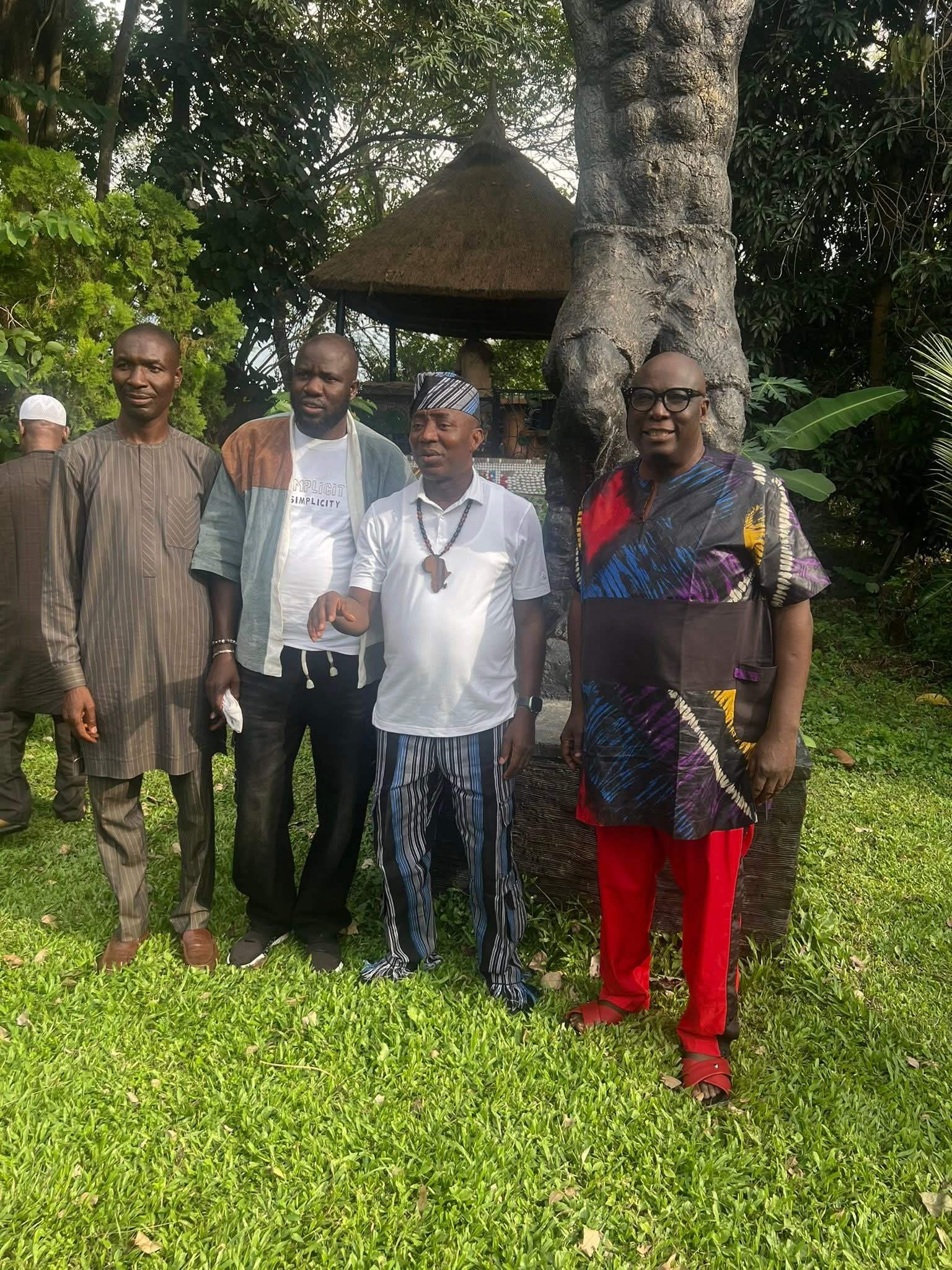


Leave a Reply